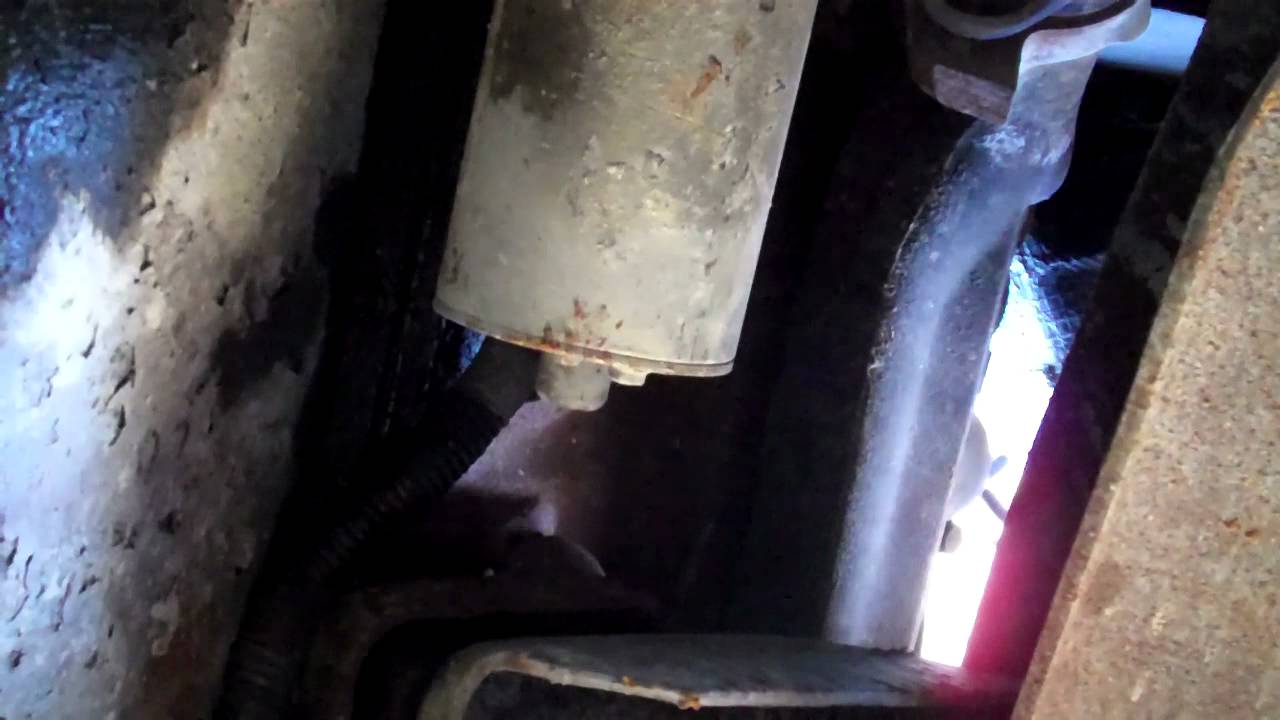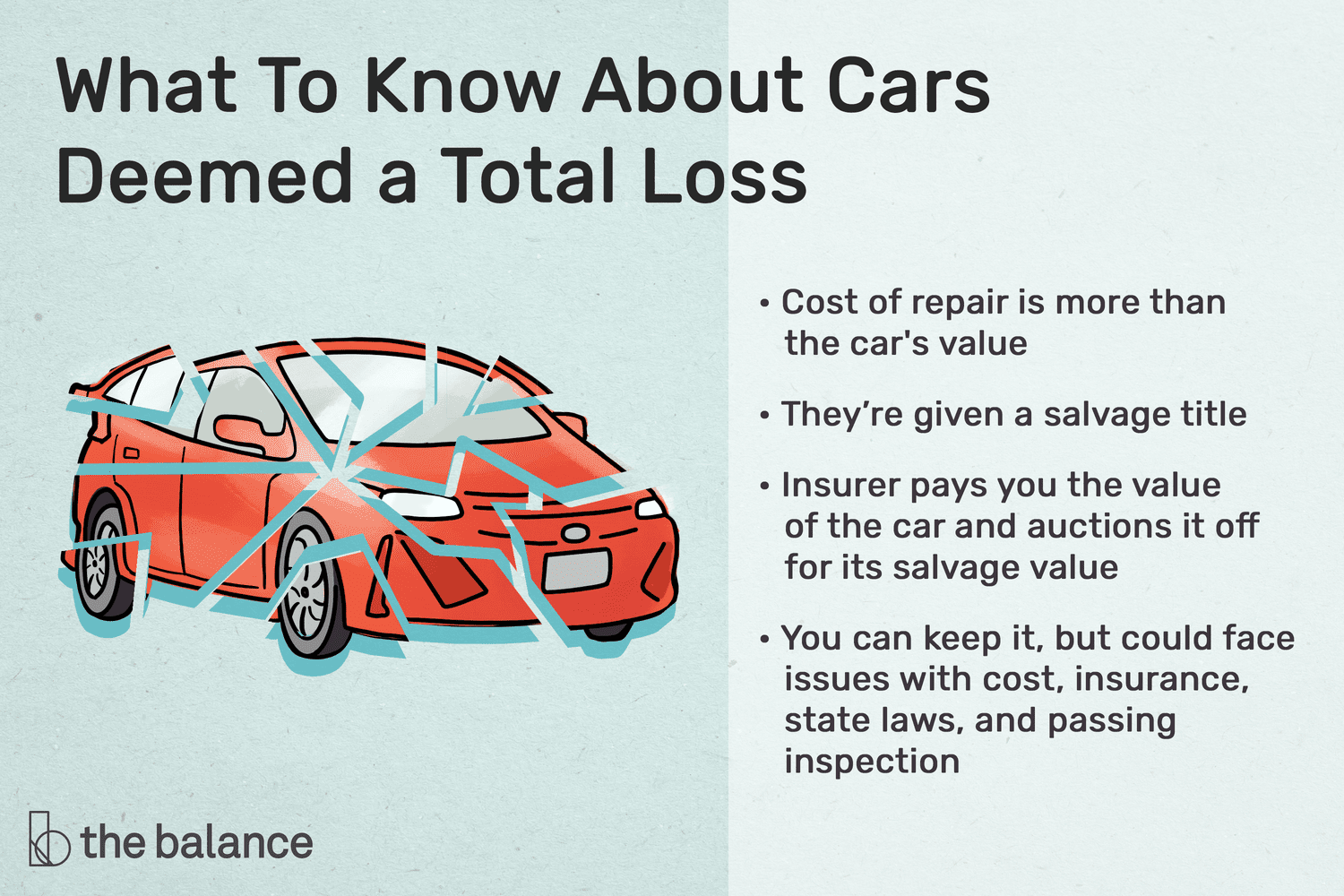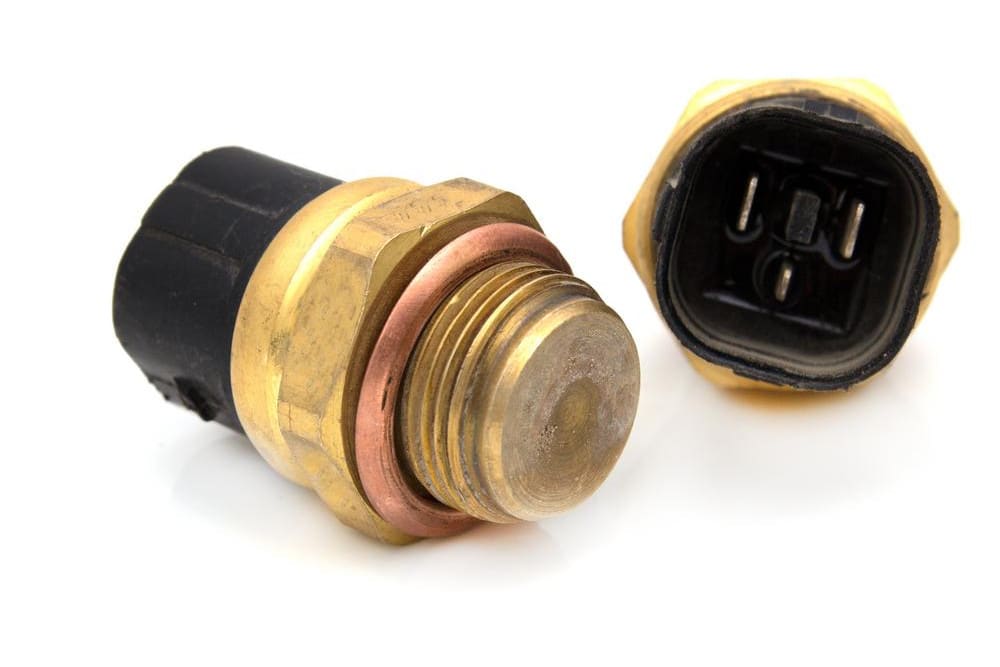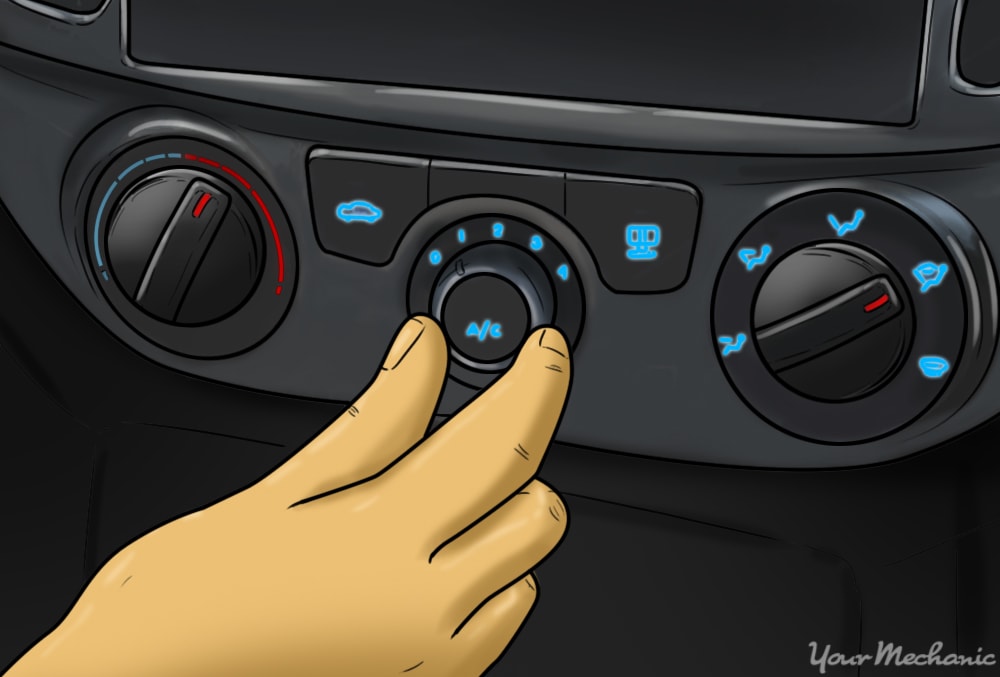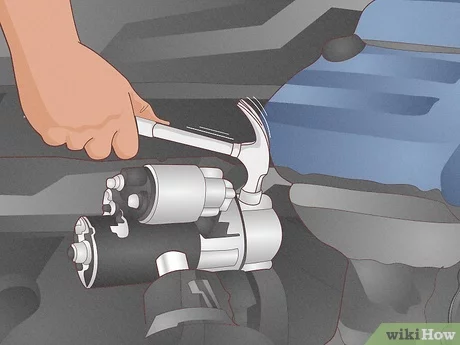How Long Do Coil Packs Last
Coil packs typically last between 60,000 to 150,000 miles. They can fail sooner due to various factors, such as engine heat and vibrations.
Coil packs, key components in the ignition system of a vehicle, provide the spark that ignites the air-fuel mixture in the engine. Understanding how long coil packs last is crucial for maintaining the health of your vehicle’s engine and ensuring optimal performance.
Deterioration of coil packs can lead to engine misfire, reduced fuel economy, and an overall drop in vehicle performance. As these parts are subject to wear and tear, routine checks and maintenance are essential. Car owners should be aware that symptoms like engine misfires or stalling indicate it might be time to inspect the coil packs. Regular vehicle maintenance will not only extend the life of coil packs but also help in avoiding unexpected breakdowns and costly repairs.
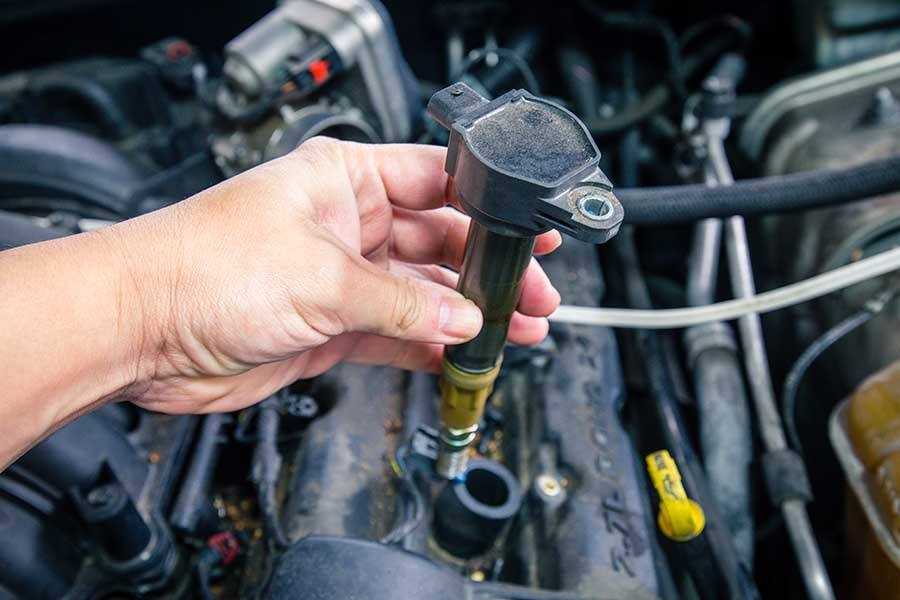
Credit: carfromjapan.com
Introduction To Coil Packs
Coil packs play a key role in a car’s engine. They send sparks to the spark plugs. These sparks ignite the fuel. Without coil packs, your car won’t start. They are strong and last long, but they wear out too.
Function In The Ignition System
A coil pack is an essential part of your car’s ignition system. It has a simple job: to convert low-voltage power from the battery into high-voltage. This high-voltage is needed for sparking the fuel. Each spark plug gets its spark from the coil pack. No spark, no power.
Symptoms Of Worn-out Coil Packs
- Engine misfires: A clear sign of trouble.
- Power loss: The car might feel weak.
- Poor fuel economy: More trips to the gas station.
- Check engine light: It lights up for many reasons, coil packs can be one.
- Car won’t start: This is a serious sign, pointing to failed coil packs.
Regular check-ups can spot these symptoms early. This can save you time and money.
Life Expectancy Factors
Understanding the life expectancy factors of coil packs is crucial. These components play a pivotal role in the engine’s ignition system. Factors such as material and build quality, engine performance conditions, and maintenance practices can influence how long they last. Let’s explore each of these life expectancy factors in detail.
Material And Build Quality
Coil packs consist of materials that impact their durability. High-quality materials can sustain voltage demands and resist heat better. This leads to a longer lifespan. Consider these points:
- Construction: Well-engineered coil packs withstand extreme conditions.
- Resilience: Superior materials offer protection against wear and tear.
Engine Performance And Conditions
The engine’s operating environment affects coil packs. High performance engines can stress coil packs more, potentially reducing their lifespan. Extreme temperatures and constant heavy usage can shorten life expectancy. Key factors include:
- Heat exposure: Excessive heat from the engine or environment can damage coils.
- Engine stress: High RPMs and aggressive driving strain the ignition system.
Maintenance And Care
Proper care extends the life of coil packs. Regular inspections and prompt replacements help maintain engine health. Here’s how to keep coil packs in top shape:
| Maintenance Task | Benefit |
|---|---|
| Clean connectors | Prevents oxidation and ensures good electrical contact |
| Inspect for damage | Helps catch issues early to avoid extensive damage |
Average Lifespan Of Coil Packs
The average lifespan of coil packs is a crucial aspect for car maintenance. Coil packs are essential for engine performance. They send out sparks to ignite the fuel-air mixture. Your vehicle depends on them for a smooth ride. Knowing when they need replacement can save time and money.
Mileage Metrics
Coil packs typically last between 60,000 to 150,000 miles. This range varies by vehicle type and driving habits. Let’s break it down into a table for a clearer understanding:
| Vehicle Type | Expected Mileage |
|---|---|
| Economy Cars | 60,000 – 100,000 miles |
| Performance Cars | 80,000 – 150,000 miles |
| Heavy-Duty Trucks | 100,000 – 150,000 miles |
Time-based Metrics
Not only mileage but also time affects coil packs. Typically, coil packs have a life expectancy of around 3 to 5 years. Yet, several factors can shorten this lifespan. Below is a list that highlights these factors:
- Excessive heat exposure
- Moisture buildup
- Corrosion or wear
- Vibrations from engine use
- Frequent short trips
Regular vehicle inspections can help identify issues early. This ensures longer-lasting coil packs and sustained engine performance. Remember, a failing coil pack can lead to misfires and poor fuel economy. Be proactive with coil pack care for optimal performance.
Signs Of Failing Coil Packs
A vehicle’s coil pack is vital for its smooth performance. It sends volts needed for spark plugs to ignite the engine. Coil packs can wear out over time. Recognizing signs of failure is key to preventing more serious issues.
Misfires And Power Loss
Coil packs play a huge role in the engine’s power. If they fail, you might notice misfires. Misfires feel like a stutter or sudden loss of power during acceleration. This can happen when a coil pack is not working well.
- Engine stutters during acceleration
- Sudden loss of engine power
- Uneven idling of the vehicle
Check Engine Light And Diagnostic Codes
The check engine light is a catch-all warning. It lights up for many reasons, including coil pack issues. Mechanics use diagnostic tools to read error codes. These codes can tell if a coil pack is the problem. Always check this light right away.
| Error Code | Possible Issue |
|---|---|
| P0300 | Random Misfire |
| P0351 – P0362 | Specific Coil Pack Failure |
Poor Fuel Economy
A failing coil pack can also affect fuel economy. When the coil pack doesn’t work, the engine uses more fuel. You may notice you have to fill up the tank more often than usual. Record your mileage to spot any big changes.
- Keep track of gas mileage.
- Note any increase in fuel consumption.
- Compare it to previous fuel mileage records.
Maintenance Tips To Extend Coil Life
Ignition coil packs play a crucial role in the smooth running of your vehicle. Proper care can go a long way in ensuring they last as long as possible. Learn how to maintain your coil packs with these practical tips.
Regular Inspection
Staying on top of coil inspections is vital for longevity. Simply checking your coil packs regularly for signs of wear can prevent unexpected failures. Look for cracks, corrosion, and any signs of stress.
- Inspect coil packs every oil change.
- Check for physical damage or loose connections.
- Use dielectric grease to prevent moisture buildup.
Timely Replacement
Old coil packs can lead to decreased engine performance. Replacing them in a timely manner is key. Your vehicle’s service manual will often suggest an ideal replacement interval.
| Vehicle Type | Average Replacement Interval |
|---|---|
| Standard | 100,000 miles |
| High-performance | 60,000 miles |
Addressing Peripheral Engine Issues
Engine problems can often lead to premature coil pack failure. Keep your engine healthy and, in turn, protect your coils. This includes ensuring spark plugs and plug wires are in good condition.
- Replace worn spark plugs and wires ASAP.
- Ensure a clean fuel system for optimal combustion.
- Avoid engine overheating by monitoring coolant levels.
Proper engine maintenance supports coil pack longevity.
Credit: www.quora.com
Replacement Process
When the time comes to replace a coil pack, it’s crucial to handle the process with care. Coil packs are key components in your vehicle’s ignition system, providing the spark needed for your engine to run smoothly. A faulty coil can lead to issues like misfires or poor fuel economy. Understanding the replacement process ensures your vehicle gets back to peak performance quickly. Let’s dive into how to choose the right replacement, where to find a detailed replacement guide, and why considering a professional installation can be beneficial.
Choosing The Right Replacement
Matching your vehicle’s specifications is critical. The right coil pack ensures compatibility and optimal performance. Begin by checking your owner’s manual or consulting with an auto parts store. Look for a replacement that meets OEM standards for quality assurance.
Step-by-step Replacement Guide
Replacing a coil pack involves a series of straightforward steps that you can follow; here is a condensed version:
- Disconnect your car’s battery to ensure safety.
- Remove any obstructions to reach the coil pack.
- Unbolt the faulty coil pack from its position.
- Disconnect the wiring harness from the coil.
- Compare the new coil pack with the old to ensure a match.
- Install the new coil pack and reattach the harness.
- Re-bolt the coil pack and reassemble any removed parts.
- Reconnect the car’s battery and test the engine.
Follow these steps carefully to ensure a smooth installation.
Benefits Of Professional Installation
While DIY installations can be cost-effective, professional installation comes with benefits:
- Expertise: Mechanics have the necessary skills and experience.
- Diagnosis: Pros can confirm the coil pack is the issue, avoiding unnecessary replacements.
- Warranty: Work carried out professionally often includes a service guarantee.
- Tools: Mechanics have the specialized tools required for the job.
Consider these advantages before attempting a DIY replacement.
Frequently Asked Questions For How Long Do Coil Packs Last
What Is A Coil Pack’s Lifespan?
A coil pack typically lasts between 60,000 and 150,000 miles. Its durability depends on the vehicle make and model, driving habits, and maintenance quality.
Signs Of A Failing Coil Pack?
Symptoms of a failing coil pack include engine misfires, rough idle, reduced power, poor acceleration, and increased fuel consumption. Check engine light may also activate.
Can Coil Packs Be Repaired?
Coil packs are generally not repairable and require replacement if faulty. They are sealed units, thus internal issues can’t be fixed individually.
Impact Of Driving With Bad Coil Packs?
Driving with a bad coil pack can lead to engine damage, higher emissions, and reduced fuel efficiency. It can also strain the catalytic converter and ignition system components.
Conclusion
Understanding the lifespan of coil packs is vital for vehicle maintenance. Generally, they endure up to 60,000 miles, yet various factors can affect this. Regular checks ensure peak performance. For peace of mind, consider symptoms and act promptly to replace faulty coil packs.
Remember, proactive care is key to a smooth ride.

